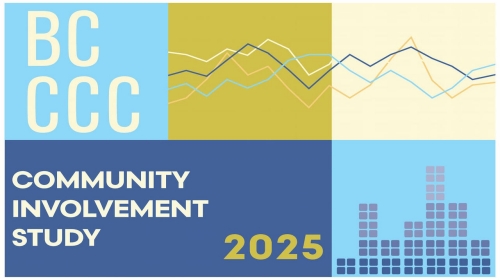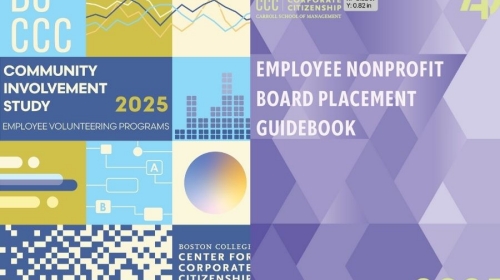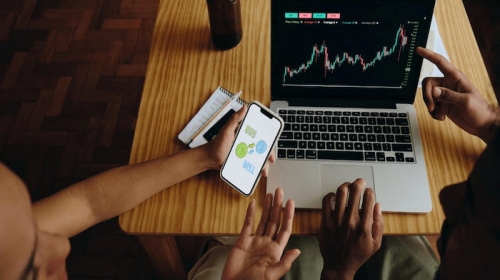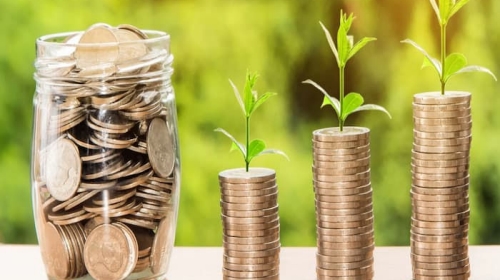The following is excerpted from Issue 19 of The Corporate Citizen. To learn more about how you can determine your sustainability strategy, identify and mitigate your environmental impacts, and disclose risks and opportunities, visit the Environmental Sustainability topic page.
Navigating the logistics and issues around providing access to clean water is overwhelmingly complex and challenging, but the basic facts are clear. There is a limited amount of this precious resource—and for many, what’s available is either unclean, or inaccessible.
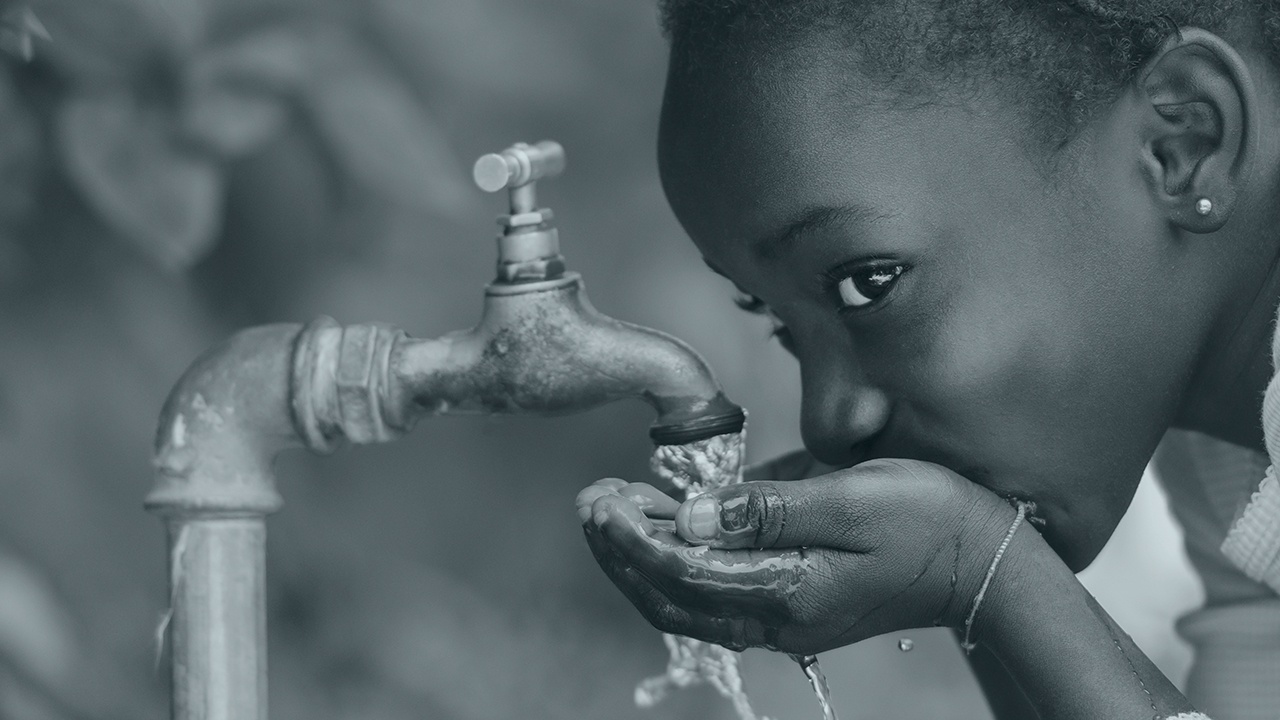
The impact of inadequate water access stretches across all sectors of development: health, education, gender equality, economic development, food security, and even national security. Safe, accessible water is essential to the health of people and communities, critical to ecosystems, and indispensable for economic prosperity—all things that business requires. Corporate water stewardship is an emerging practice that enables companies to identify and manage water-related business risks, understand and mitigate adverse impacts on ecosystems and communities, and contribute to more sustainable management of shared freshwater resources.
Water is at the heart of Coca-Cola’s business. In addition to being its primary ingredient, water is central to its manufacturing process and necessary to grow the agricultural ingredients on which it relies. As a global entity with operations in more than 200 countries and territories, the company focuses its water stewardship efforts on the areas where it can have the greatest impact: improving overall water-use efficiency, managing wastewater and stormwater discharge at plants, mitigating risk through long-term water stress solutions, and replenishing the water it uses. The Coca-Cola Company met its 2020 goal to replenish all the water it uses in its finished beverages and their production by returning an equivalent amount back to communities and nature. This makes Coca-Cola the first Fortune 500 company to replenish all the water it uses globally[i], as estimated in partnership with independent third-parties like The Nature Conservancy, Deloitte and LimnoTech. Through these investments and more than 200 community water projects, Coca-Cola has cultivated a tremendous amount of expertise that the company extends to partners and communities.
“Responsible water stewardship is essential to our business and to the communities where we operate,” said Greg Koch, senior director of global water stewardship at The Coca-Cola Company. “Sustainable safe water access is the foundation for a sustainable community. It is also important to hygiene, hydration, sanitation, safety, and opportunity. Those with it in the developed world often take it for granted, but if you live in an area without access to clean water, it drastically affects your sanitation and your health—and for women, in particular—it can be devastating, because the women are often the people in the community who are spending their days and risking their safety to find and carry home the water.”
Inadequate access to drinking water and sanitation facilities is a challenge that cannot be overstated. To meet it, Coca-Coca centers its efforts where the need is greatest with significant programs in Africa. Around the world, approximately 663 million people lack access to improved drinking water sources. It’s an alarming statistic that the sixth Sustainable Development Goal aims to eliminate, with a target to achieve universal and equitable access to safe and affordable drinking water for all by 2030. What is perhaps even more alarming is that nearly half of those affected—approximately 320 million individuals—reside in sub-Saharan Africa (see Figure A). An even greater number—695 million Africans—do not have access to improved sanitation facilities.
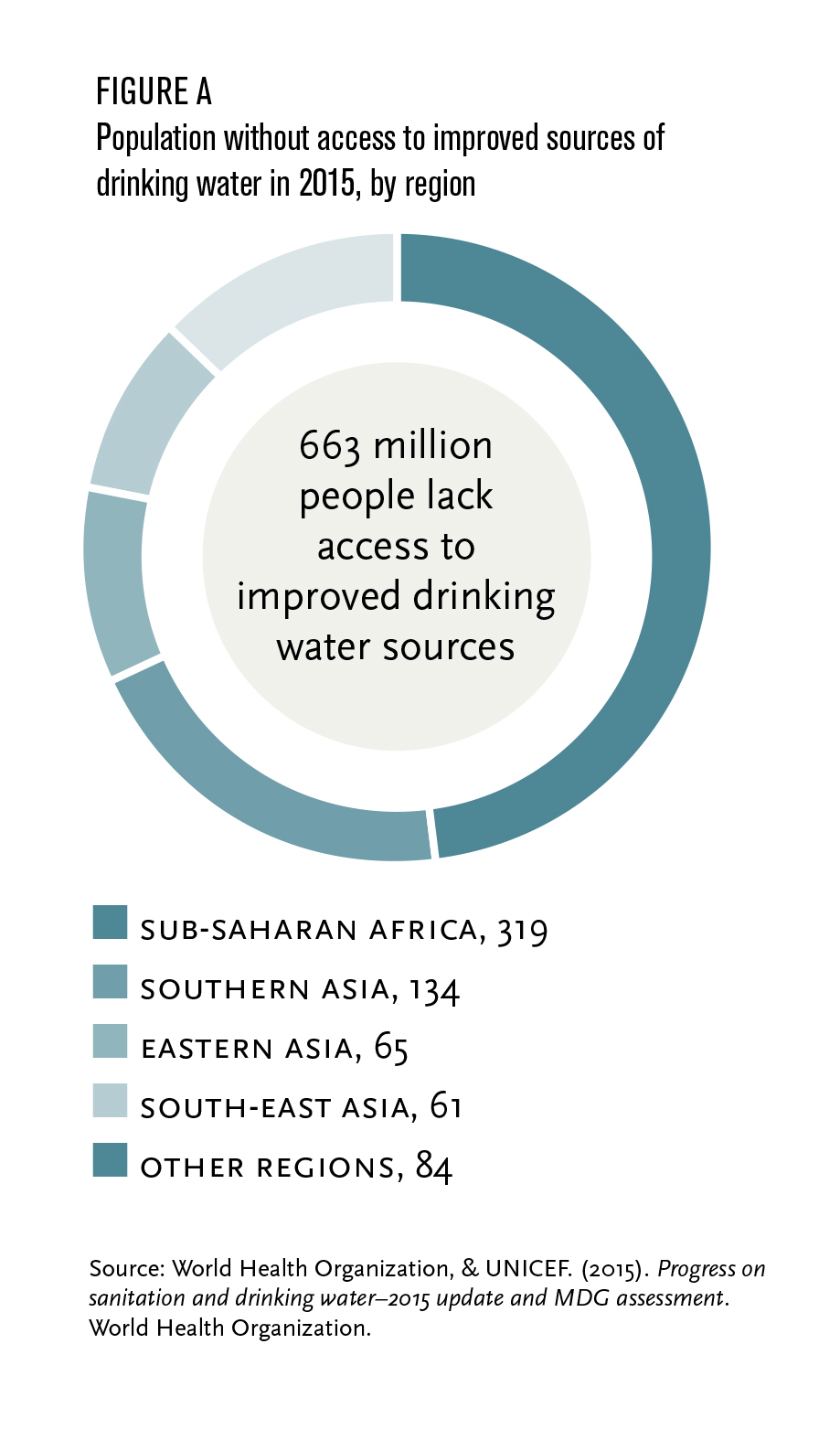
In an effort to provide 6 million Africans with access to safe water by the end of 2020, The Coca-Cola Africa Foundation (TCCAF) created its flag-ship program: the Replenish Africa Initiative (RAIN). Created in 2009, RAIN had already reached 2 million people by the end of 2015.
“Access to safe water remains a luxury to millions of people in Africa,” said Susan Mboya, president of The Coca-Cola Africa Foundation. “As one of the continent’s largest employers, Coca-Cola has an opportunity to institute programs that can positively impact Africa’s acute water situation.”
RAIN not only offers access to water—it seeks to do so in a sustainable manner that ensures communities can manage the projects and maintain safe water supplies long after the project is complete. First, the program improves access to water and sanitation and promotes improved hygiene behaviors; approximately 80 percent of RAIN programs have Water, Sanitation, and Hygiene (WASH) components. Second, RAIN establishes or enhances sustainable water management practices. Finally, RAIN promotes efficient and sustainable use of water for economic development.
RAIN and its partners also aim to promote health and hygiene in thousands of communities, schools, and health centers; return up to 18.5 billion liters of water to nature and communities; and economically empower up to 250,000 women and youth.
“A number of years ago, we decided to focus Coca-Cola’s work on a few core areas that were relevant to our business and where we could drive significant, sustainable change,” said Koch. “Today, those focus areas are water, women, and well-being. We call them our three W’s.”
RAIN is backed by a $65 million dollar commitment by TCCAF, and made possible through the support of more than 140 partners who provide development expertise and additional resources required to implement the project's sustainably, including:
- Water & Sanitation for the Urban Poor (WSUP). By 2018, RAIN and WSUP will improve water services and reduce water and hygiene-related diseases for approximately 2 million people residing in select cities in Kenya, Madagascar, and Mozambique.
- Millennium Challenge Corporation (MCC), United States Agency for International Development (USAID) and WSUP. The partners are providing sustainable safe water access throughout the city of Lusaka in Zambia. WSUP and USAID are leveraging TCCAF funds to provide sustainable safe water access to more than 40,000 people through community water kiosks and a distribution network as well as to provide sanitation, facilities and hygiene education in schools in peri-urban Lusaka, benefiting up to 50,000 people. MCC’s broader investments in water, sanitation and drainage in Lusaka are expected to improve the health and economic productivity of more than 1.2 million of the city’s residents.
- Global Grassroots. Together, TCCAF and Global Grassroots are empowering women to lead water enterprises, improving water access for 30,000 people across Rwanda.
With this program, Coca-Cola is not only providing a life-sustaining resource to millions in need, it is fostering stronger stakeholders, and a stronger market. As Chairman of the The Coca-Cola Company, Muhtar Kent, says about this program and further investment in Africa, “We can grow our business and create more jobs and economic opportunity across the continent, all while helping build more sustainable communities and making a real difference in the lives of literally millions of people.”
View all Environmental Sustainability resources on the topic page:

[i] As estimated in partnership with independent third-parties like The Nature Conservancy, Deloitte, and LimnoTech, and by using generally accepted and recognized scientific and technical methods.




